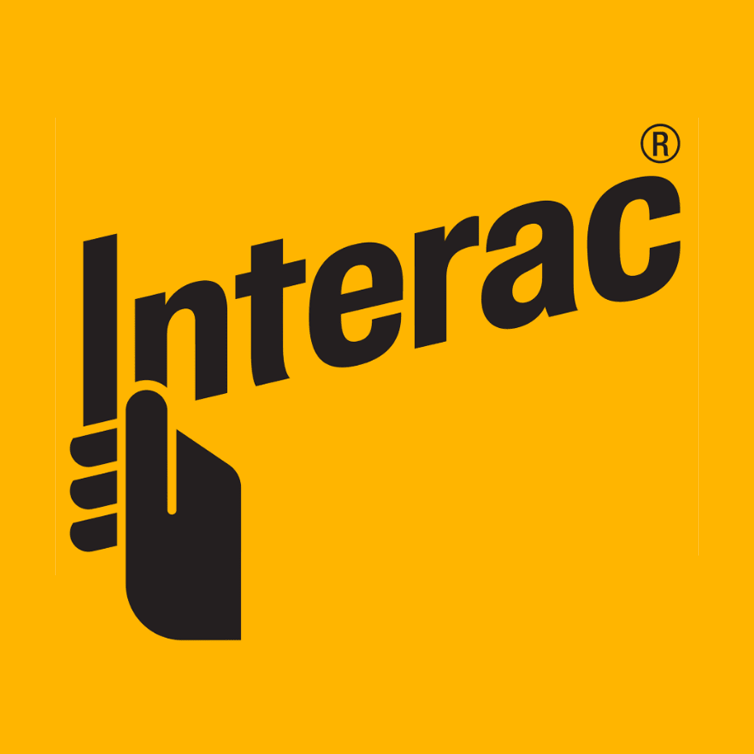At eSportRank, we take our responsibility of evaluating PUBG betting sites seriously. With our expertise in iGaming and deep knowledge of PUBG and eSports betting, we have developed a comprehensive approach to rating and ranking PUBG betting sites. Our evaluation process covers a range of key factors to ensure that players have access to the best and most reliable PUBG betting sites in the market.
Range of eSport betting markets
One of the key aspects we consider when rating and ranking PUBG betting sites is the range of eSports betting markets they offer. A top-rated PUBG betting site should provide a diverse selection of betting options for PUBG tournaments, leagues, and events. This includes not only match winner bets but also prop bets, live betting, and futures. A wide range of betting markets allows players to explore different betting strategies and find opportunities that match their preferences and expertise.
Competitive eSport odds
Competitive odds are crucial for any PUBG betting site to be considered top-tier. We thoroughly analyze the odds offered by PUBG betting sites to ensure that they are in line with industry standards and provide favorable opportunities for players. Competitive odds not only enhance the overall betting experience but also maximize potential returns for successful wagers.
User-friendly platform
The user experience is a significant factor in our evaluation process. A top-rated PUBG betting site should have a user-friendly platform that is easy to navigate, visually appealing, and responsive. This includes seamless navigation, clear presentation of betting markets and odds, and efficient bet placement processes. A user-friendly platform enhances the overall betting experience and ensures that players can focus on making informed betting decisions without any unnecessary distractions or complications.
Deposit and withdrawal methods
The availability of diverse and secure deposit and withdrawal methods is essential for a PUBG betting site to earn a high rating from us. We assess the range of payment options offered by PUBG betting sites, including traditional methods such as credit/debit cards and bank transfers, as well as modern options like e-wallets and cryptocurrency. Additionally, we prioritize sites that offer fast and hassle-free withdrawal processes, ensuring that players can access their winnings promptly and conveniently.
Bonuses
Bonuses and promotions play a significant role in our evaluation of PUBG betting sites. We analyze the variety and generosity of bonuses offered, including welcome bonuses, free bets, loyalty programs, and ongoing promotions. A top-rated PUBG betting site should provide attractive and fair bonuses that add value to the betting experience and reward players for their loyalty and activity.
Brand reputation and support
The reputation of a PUBG betting site and the quality of its customer support are crucial considerations in our rating and ranking process. We conduct thorough research into the reputation of each betting site, including its history, licensing, and track record of customer satisfaction. Additionally, we evaluate the responsiveness and effectiveness of customer support channels, ensuring that players have access to reliable assistance whenever they need it.
In conclusion, our approach to rating and ranking PUBG betting sites is comprehensive and meticulous. We prioritize factors that directly impact the betting experience and the overall satisfaction of players. By considering the range of eSports betting markets, competitive odds, user-friendly platforms, deposit and withdrawal methods, bonuses, brand reputation, and support, we ensure that our ratings and rankings reflect the best PUBG betting sites available to players.


